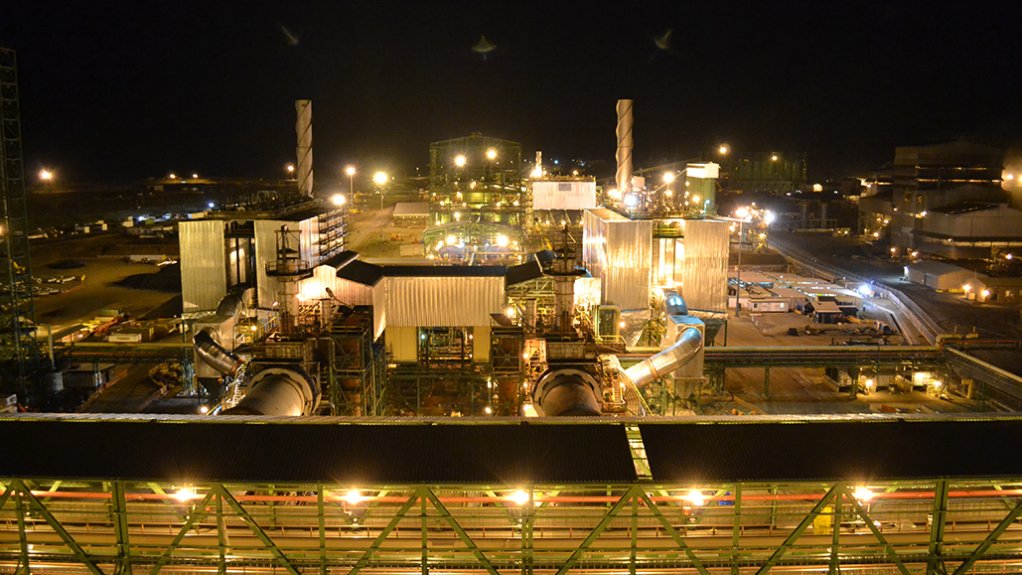JOHANNESBURG (miningweekly.com) – Third-quarter attributable ferrochrome production of Merafe Resources from the Glencore Merafe Chrome Venture was 40 000 t, which resulted in a production decrease of 21% for the first nine months of this year compared with the first nine months of 2022.
Merafe reported on Friday that the reason for the reduction was a planned production pullback in response to market conditions. Only the group’s lower-energy Lion smelter operated over the three-month, high electricity demand winter season, a period of elevated power prices.
Attributable ferrochrome production in the nine months of this year was 225 000 t compared with 286 000 t in the first nine months of 2022.
The main focus of the business of the Johannesburg Stock Exchange-listed Merafe is on its 20.5% participation in the earnings before taxes, depreciation and amortisation of the Glencore-Merafe venture, in which Glencore has a 79.5% participation. Merafe and Glencore formed the venture in 2004 when they pooled their chrome operations.
Ferrochrome is a key ingredient in stainless steel, a recyclable corrosion-resistant product, with 90% of the ferrochrome produced used in stainless steel and speciality steels.
As reported by Mining Weekly on October 2, the European benchmark ferrochrome price for the fourth quarter of 2023 is $1.53/lb, 1.32% up on the third quarter of 2023. The third-quarter ferrochrome price of $1.51/lb was 12.2% down on the $1.72/lb of the second quarter.
China continues to dominate stainless steel production, accounting for almost 60% of global stainless steel output, and 65% of global ferrochrome demand. South Africa, which hosts more than 70% of the world's total reserves of chrome, is the largest supplier of chrome to China.
Merafe reported a profit of R1 049-million for the six months ended June 30 on higher realised chrome ore prices and a weaker rand:dollar exchange rate, offset by lower ferrochrome prices and sales volumes, as well as higher costs of ferrochrome production. An interim cash dividend of 20c a share was declared.
The industry provides about 200 000 direct and indirect jobs in South Africa and local power shortage, energy cost and logistics challenges are being mitigated.
EMAIL THIS ARTICLE SAVE THIS ARTICLE ARTICLE ENQUIRY
To subscribe email subscriptions@creamermedia.co.za or click here
To advertise email advertising@creamermedia.co.za or click here











